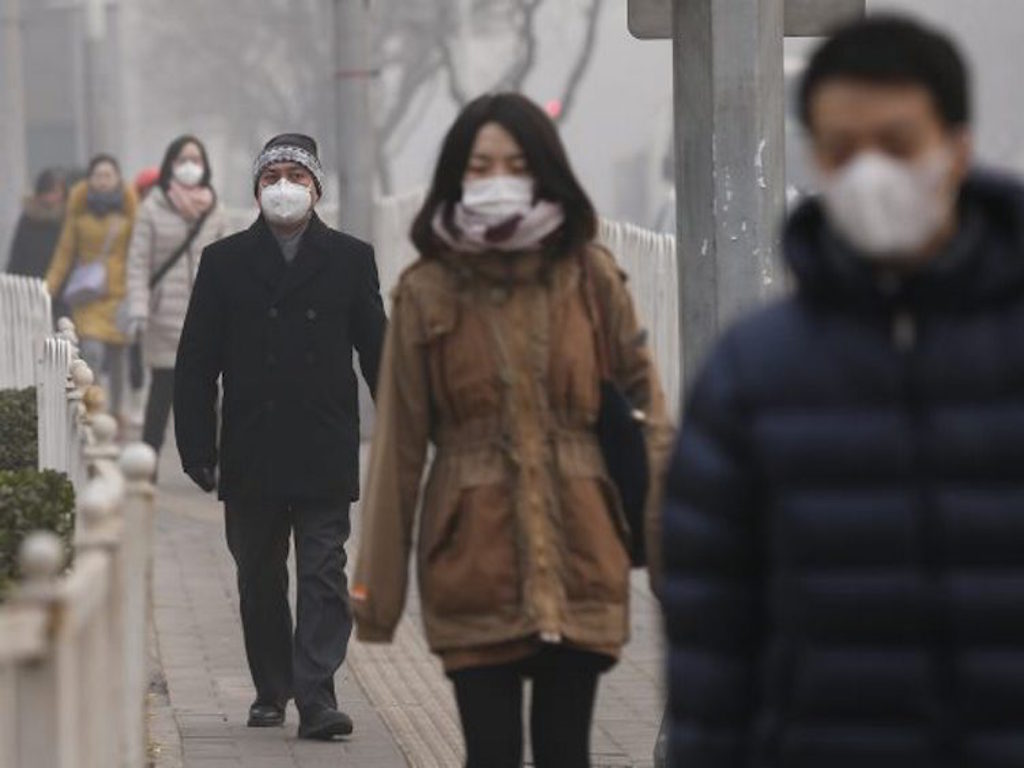3 Mins Read
A new study, published in the journal Nature Sustainability, has found that maternal exposure to air pollution is associated with an increased burden of fetus disease and missed or “silent” miscarriages in China. The study, conducted between 16 different scientists from a number of Chinese universities, is the first large-scale piece of research quantifying the link between air pollution and miscarriages in Beijing. This research adds to the plethora of existing studies urging for a governmental crackdown on China’s pollution crisis, which if left unresolved, could lead to a host of severe health problems for the next generation.
A collaboration between 16 researchers from a number of Chinese universities, including Peking University and Beijing Normal University, has found that the probability of missed or “silent” miscarriages increases with higher concentrations of air pollutants. Silent or missed miscarriages – called Missed Abortion in the First Trimester (MAFT) in this study – is when a fetus dies or stops developing without any symptoms in the first trimester. The analysis examined records of over 255,000 pregnant women in Beijing from 2009 to 2017, and took into consideration variable ages, occupations, other sociodemographics and air temperature – making the study one of the largest scientific studies into the issue.
China is battling a severe air pollution crisis. According to statistics on BreatheLife, Beijing’s air pollution levels are 7.2 times above the safe levels set out by the World Health Organisation (WHO) guidelines. With the average adult taking in around 20,000 breaths daily, living in Beijing could lead to a host of health problems – including the associated increased risk of silent miscarriages, as found by this new study.
Among the quarter of a million participants of the study, 6.8% of the cohort had experienced a silent miscarriage. The researchers found that maternal exposure to all 4 types of common air pollutants they detected was associated with an increased risk of silent miscarriage in all demographic groups. In particular, women who were over the age of 39, farmers and blue-collar workers face an even higher likelihood of miscarriage associted with air pollution.
This adds to the bed of studies that have also linked pregnancy complications to air pollution. Previous research, for instance, has found that long-term exposure to poor air quality could increase the risk of premature birth, low birth weight and complications for mothers such as gestational hypertension. It has also been connected to respiratory diseases, risk of stroke and heart attacks for the wider public.
These new findings therefore add to existing calls urging the government to crackdown on the problem due to escalating health consequences, particularly for expecting mothers and the next generation. Government officials have tried to address public concerns through measures such as limiting the number of cars on the road. However, with Beijing has continued to battle clouds of haze in the recent months. Most notably, the 70th anniversary celebrations of the establishment of the People’s Republic of China held in Beijing was plagued by dark skies and poor air quality.
Air pollution isn’t just a problem for China, but it is also affecting the wider Southeast Asia region. In recent weeks, we have seen air quality in the region hit dangerous levels with haze shrouding the region, including in Malaysia, Indonesia, Singapore and Hong Kong, due to the smoke from forest fires in Indonesia.
Lead image courtesy of Pollution Air Mask.




